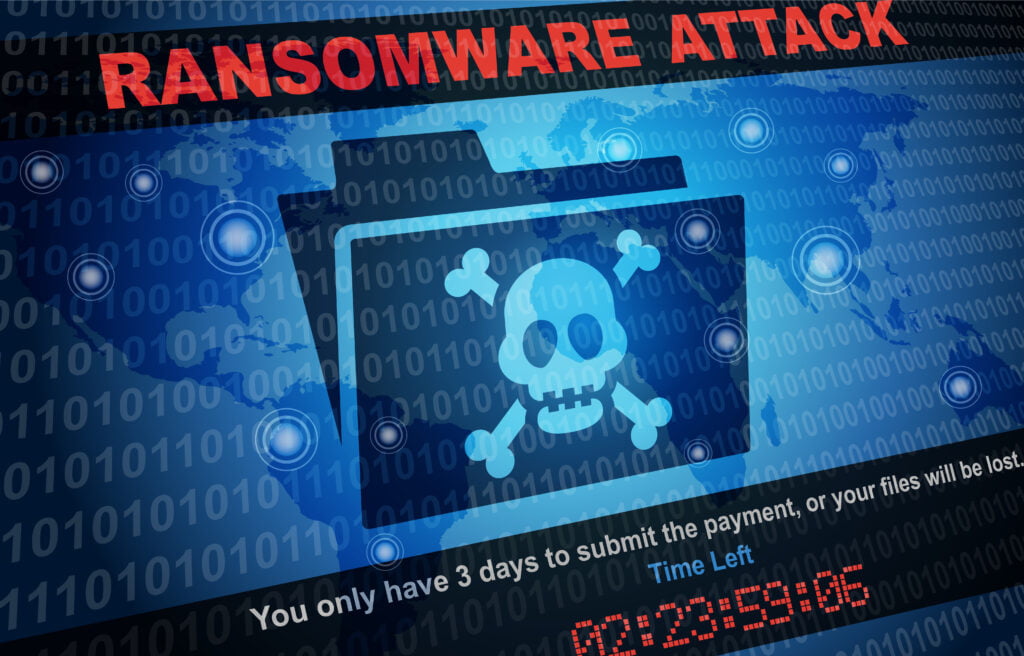
Ransomware Demystified for Business Owners
Ransomware is a growing concern for businesses worldwide, and understanding its mechanisms and impacts is crucial. In this blog post, we’ll break down what ransomware is, how it affects businesses, and how you can protect your enterprise from such attacks.
Introduction to Ransomware
Ransomware is a type of malicious software designed to block access to a computer system or data until a sum of money is paid. Think of it as a virtual hijacker that takes your digital assets hostage. The malware typically infiltrates your system through deceptive methods and then encrypts files, rendering them inaccessible.
In recent years, ransomware has hit the headlines with several high-profile cases. For instance, the WannaCry attack in 2017 affected over 200,000 systems across 150 countries, causing billions of dollars in damage. More recently, the Colonial Pipeline attack in 2021 disrupted fuel supplies across the Eastern United States.
The Impact of Ransomware on Businesses
The consequences of a ransomware attack can be devastating for businesses, especially small ones. Financial loss is the most immediate impact. Businesses may face extortion demands ranging from a few hundred to millions of Rands. But the costs don’t end there; there’s the potential expense of recovery efforts, legal fees, and fines.
Reputation damage is another significant concern. Clients and partners may lose trust in a business that has suffered a data breach. This can lead to a loss of current and future business opportunities. Additionally, operational disruptions caused by ransomware can halt business activities, resulting in missed deadlines and lost revenue.
Legal consequences can also arise, especially if sensitive customer data is compromised. Companies may face lawsuits and penalties for failing to protect personal information adequately. This is why understanding ransomware protection is essential for any business owner.
Understanding the Techniques Used
To effectively defend against ransomware, it’s crucial to understand the techniques cybercriminals use. One common method is through phishing emails. These emails often appear legitimate but contain malicious attachments or links that, once clicked, install ransomware on the victim’s device.
Social engineering is another tactic, whereby attackers manipulate individuals into divulging confidential information. This could be through fake tech support calls or deceptive websites designed to look like trustworthy services.
Vulnerability exploitation is also prevalent. Cybercriminals scan for weaknesses in software and systems to gain unauthorized access. Outdated software with known security flaws is particularly vulnerable to such exploitation.
Best Practices for Protection
Ransomware protection starts with regular data backups. By keeping multiple copies of your data in different locations, you can restore your systems without paying the ransom. Make sure backups are updated frequently and check their integrity regularly.
Updating software and systems is another critical step. Ensure all your programs, operating systems, and security software are up-to-date with the latest patches. Many ransomware attacks exploit known vulnerabilities that have already been addressed by updates.
Utilizing cybersecurity partner services can also bolster your defenses. These experts offer comprehensive solutions, including threat detection, incident response, and continuous monitoring. Partnering with a cybersecurity firm ensures you have access to the latest tools and expertise.
What to Do If You Are a Victim
If you find yourself the victim of a ransomware attack, act quickly to contain the damage. Disconnect affected systems from the network to prevent the malware from spreading further. Avoid using the infected devices until they have been thoroughly checked by professionals.
Report the incident to the relevant authorities. In the UK, you can contact Action Fraud for guidance on how to proceed. Additionally, inform any affected parties, such as customers and partners, about the breach.
Seek professional assistance to recover your data and systems. Cybersecurity experts can help you decrypt files, remove the malware, and ensure your network is secure. They can also provide insights into how the attack occurred and how to prevent future incidents.
The Role of a Cybersecurity Partner
A cybersecurity partner can be invaluable in both preventing and recovering from ransomware attacks. These professionals offer a range of services, including vulnerability assessments, security audits, and employee training. They can help you identify weak points in your defences and implement measures to strengthen them.
Choosing the right cybersecurity partner is crucial. Look for a provider with a proven track record, industry certifications, and positive client testimonials. They should offer tailored solutions to meet the specific needs of your business. Regular consultations and updates are also important to ensure ongoing protection.
Conclusion and Call to Action
In today’s digital landscape, proactive cybersecurity measures are more important than ever. Ransomware is a serious threat that can cause significant harm to businesses of all sizes. By understanding the risks and implementing best practices, you can safeguard your company against these malicious attacks.
Don’t wait until it’s too late. Take action now to protect your business. Share this blog with your network and reach out to us for more information on how to enhance your cybersecurity. Together, we can build a safer digital environment.
For more tips and expert advice on protecting your business from ransomware, sign up for our newsletter and stay informed about the latest developments in cybersecurity.
